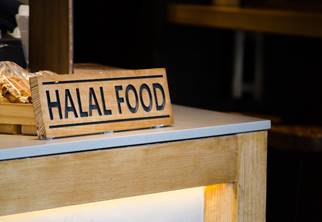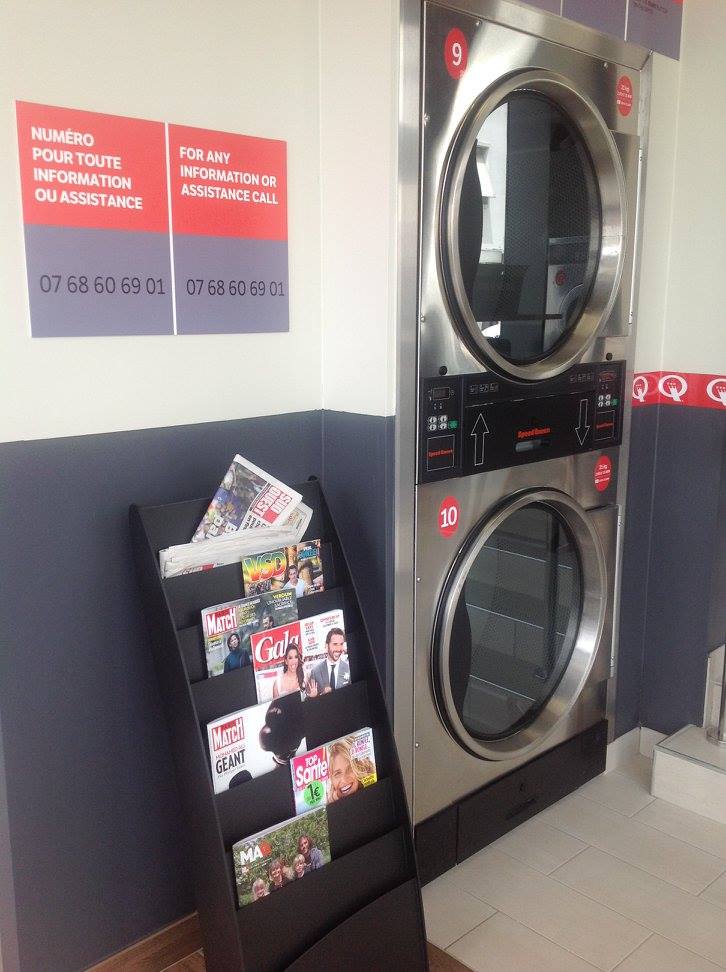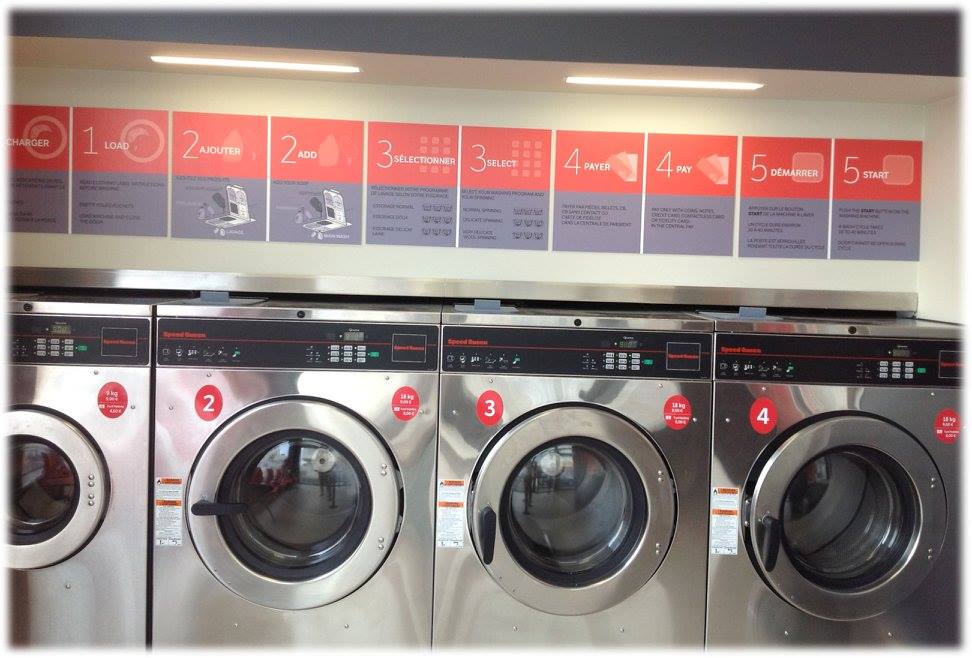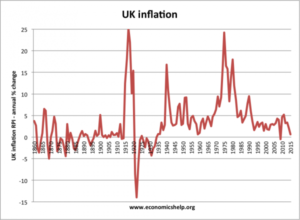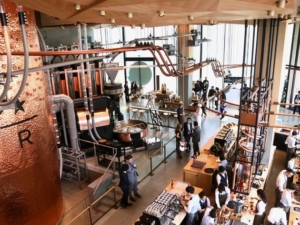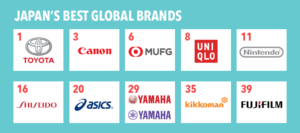Russia may win in terms of sheer land mass, but when it comes to franchising potential, the country’s story gets a little more complicated
Politically, socially, and financially, Russia is often viewed as a literal world apart
from what we’ve come to understand as western culture. This could be due to the fact that Russian culture and news isn’t widely publicized in the West, which extends to the current positioning of its burgeoning franchise industry.
You may be surprised, then, to learn that past its mysterious exterior, the Russian franchise industry isn’t just similar to
what can be found in the West; it arguably borrows many lessons and best practices from the market, too.
A business behemoth
Before we dive deep into what franchisors and entrepreneurs can expect from Russia’s business landscape, it’s important to understand what kind of country we’re dealing with in the first place.
Russia is almost double the size of the U.S., and covers a whopping 17 million square kilometers, making it the largest country in the world. Russia is so large, in fact, that its surface area makes up one-eighth of the earth’s total. Across that vast expanse are around 144.5 million people, situated in several key cities around the country. The capital, Moscow, is home to roughly 12.7 million residents, and is often regarded as one of the main franchise markets within Russia.
To ignore Russia’s other large cities would be a mistake, however, and these include St. Petersburg (with around 5.5 million inhabitants), Novosibirsk (1.66 million), and Nizhniy Novogorod (1.25 million). In total, Russia has 12 cities with over one million inhabitants, and a further 201 smaller cities that contain between 100,000 and one million people. As expected from a country so large, the on-paper opportunity for franchisors in Russia stretches as far as the eye can see – and then some. Russia’s franchise industry was first established in the early 1990s, following the collapse of the Soviet Union.
“You may be in demand and trendy in somewhere like the U.K., but because nobody knows you in Russia, it’s all about providing value”
Despite the past decade seeing considerable instability in the Russian economy, the country’s franchise industry is estimated to be worth around $7.5bn, and consists of roughly 1,450 different franchise brands; with more than 50,000 individual franchisees operating in Russia. 65 per cent of brands within the country are of Russian origin, and of the remaining 35 per cent, nearly half of that figure is comprised of U.S. organizations.
The universal appeal of the golden arches
Many of the franchises currently operating in Russia could be considered relatively young, with 45 per cent having been established in the market for less than five years.
There are of course some notable outliers of this trend; namely, the brand that arguably started it all: McDonald’s. Known as the first major success story for franchising within Russia, McDonald’s was introduced after a partnership between the Moscow city government and the brand, which saw the government take a 49 per cent stake in the Russian entity.
McDonald’s launch in January 1990 was something to behold, and saw more than 30,000 people queuing around the block from 4:30 am to get their first taste of American fast food.
Unlike other U.S. concepts that have come and gone since then, McDonald’s remains a popular investment choice in Russia and has seen exponential growth in the 30 years that it has operated. Just this year, in fact, the organization announced that it would open new locations in Russia’s far east in December 2020, in cities such as Khabarovsk and Vladivostok for the first time. With these openings, McDonald’s hopes to launch its 800th site in Russia; showcasing a true success story of a foreign brand within the country.
But proven success in the U.S., and even a wider international market, doesn’t always guarantee prosperity in Russia. Square burger favorite, Wendy’s, encountered this in 2014 when it announced that it would be closing all eight of its Russian locations. This announcement came only four years after Wendy’s first entered Russia, and at the time, the brand planned to open 180 locations throughout the country.
With the announcement of these closures, a spokesperson for Wendy’s told Bloomberg that its Russian franchisee “has not expressed interest in growing Wendy’s business in Russia, nor have they shown that they have the resources to successfully operate the existing restaurants on a long-term basis.”
Gary Chaglasyan, the World Franchise Associates’ Russian representative, emphasizes the need for caution, and not letting the success stories of brands like McDonald’s cloud strategic thinking: “A brand could be huge in your country, but in Russia, nobody knows about it. You may be in demand and trendy in somewhere like the U.K., but because nobody knows you in Russia, it’s all about providing value. Brands should definitely think about promotions and marketing before entering the Russian market.”
Local success story
So what kind of approach works well in the Russian market? If Wendy’s struggled to gain a foothold half a decade ago, what could the brand have done differently today to instead prosper and develop throughout the region? The answer can be found in a local Russian pizza chain, which has used this past decade to exponentially grow; both within Russia, and in 13 countries around the world.


